Greentech Alliance’s Industry Spotlight Series highlights members across all sectors represented in our community, with the aim of bringing great awareness to the sustainability challenges of the current and future generations. This is the seventh blog in the series. View our previous blogs via the links below:
Industry Spotlight #1: Biodiversity and Conservation
Industry Spotlight #2: Plastic Waste Solutions
Industry Spotlight #3: Innovative Solar Solutions
Industry Spotlight #4: Sustainable Fashion
Industry Spotlight #5: Alternative Protein & Sustainable Food Supply Chains
Industry Spotlight #6: World Cities Day Special Edition: Planning for Sustainable Cities
Soil is a critical building block of human, plant, and animal life. Healthy soils foster strong plant growth, the cultivation of nutritious plant-based foods, and the breakdown of chemicals and toxins that contaminate groundwater. It is the most biologically diverse material on Earth, containing organisms and ecosystems crucial to nitrogen cycles; bacteria, fungi, and insect biodiversity; and resilience against drought and erosion.
As the world faces new threats from climate change, healthy soil is crucial to mitigating and adapting to the effects of extreme and unpredictable weather patterns. Regenerative practices that improve crop diversity, optimize animal grazing, and boost key nutrients are crucial to improving crop yield and food security while limiting the need for carbon-intensive and – in some cases – harmful fertilizers.
Soil also plays an enormous role in global decarbonization efforts. It naturally serves as the world’s largest carbon sink, storing about 10 percent of the world’s carbon dioxide emissions. That’s part of the reason why it’s become such a focus of conversations around carbon markets and carbon offsets. Soil organic carbon (SOC) sequestration projects are likely to become an increasingly important component of voluntary carbon markets, especially in light of potential benefits to farmers in the form of increased revenue and higher crop yield.
While SOC sequestration holds promise, not all are projects created equal. When it comes to soil carbon credits, limited transparency on quality; complexity in measuring and monitoring the impact of SOC sequestration over time in different conditions; and difficulties related to ‘additionality’ – or confirmation that a particular project would not have happened in the absence of a carbon credit system – make SOC sequestration especially tricky.
Fortunately, Greentech Alliance companies are taking a holistic approach to soil health, developing solutions to grow more crops with less water and fertilizer; deploy AI for regenerative farming; and quantify key metrics for SOC sequestration projects. This month, we asked Greentech Alliance companies working on some aspect of soil health to explain what role soil plays in sustainable natural resource solutions and how they uniquely advance these solutions. Together, these companies collectively drive the scientific, regulatory, and financial solutions to promote healthy soil ecosystems suited to optimal plant growth, food security, and carbon sequestration.
If you like what you see here and want to follow more Greentech Alliance content, subscribe to our newsletter for updates and follow us on LinkedIn.
Company: AGROVAR CC
Co-Founders: Konstantin Haralampiev & Boris Koev
Mission: AGROVAR CC is an agritech company on a mission to optimize regenerative farming practices with AI digital technology at scale.
Konstantin on the potential of regenerative agriculture: “Soil is where everything starts. Regenerative agriculture has the capacity to not only eliminate negative effects from the beginning of the food production cycle, but also be a huge source of carbon removal and mitigate the negative effects from all other industries across the food production chain. Our know-how and AI digital solutions help farmers lower uncertainty risk when transitioning from conventional to regenerative agriculture by analyzing over 2,000,000 data points per field and saving them crucial time when making land management decisions.”
Mission: AirSmat is helping farmers achieve maximum crop yield by using drone, satellite, soil-level data, and IoT sensors to transform the way farmers collect, manage, and interpret soil data.
Soji on the benefits of the world’s largest carbon sink: “Soil is the world's largest carbon sink and can help reverse climate change through carbon sequestration and reduction of greenhouse gas emissions. Some of the Sustainable Development Goals are closely related to soil health, for example SDG 15 which aims at combating desertification and restoring degraded soil. Advances in watershed, natural resource, and environmental sciences have shown that soil is the foundation of basic ecosystem function. Soil filters our water, provides essential nutrients to our forests and crops, and helps regulate the Earth's temperature as well as many of the important greenhouse gases. AirSmat wants to change the use of the soil in a sustainable way, enabling farmers to have better yields because they’re making better decisions faster based on analytics. Our solution helps farmers in Africa reduce the use of fertilizer by up to 40 percent, thereby preventing damage to the soil.”
Company: RHST Industries
Founder & CEO: Thomas Gradek
Mission: Waterpearls a nature-based solution to grow more with less water.
Thomas on producing more food with less water: “Healthy soils are the foundation of the food system to produce healthy crops that in turn nourish people and animals. Water pearls are used in agriculture to prevent the evaporation of water, thus preserving the humidity in the soil, raising water use efficiency and nutrient use efficiency, promoting a healthy biota and creating ideal conditions for plants and trees to produce more food with less water.”
Mission: Seqana is a Berlin-based, B2B start-up that specializes in satellite-based monitoring of Soil Organic Carbon (SOC) for the Voluntary Carbon Market.
Stefan, Jakob, and Julian on quantifying soil health regeneration: “Soils are the building blocks of all terrestrial life and well-being. Seqana is enabling organizations who are regenerating soil health to more effectively and replicably quantify their impact and scale their operations.”





